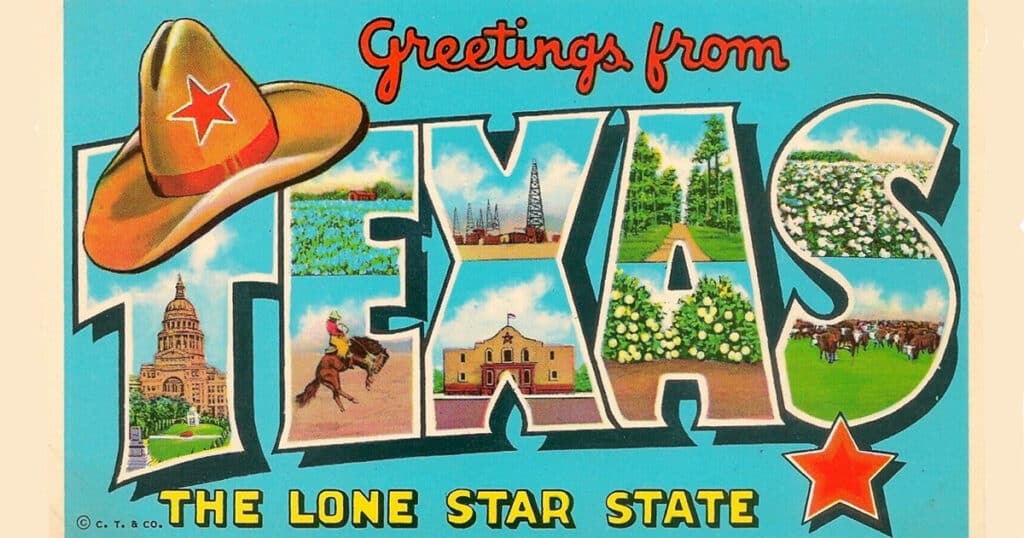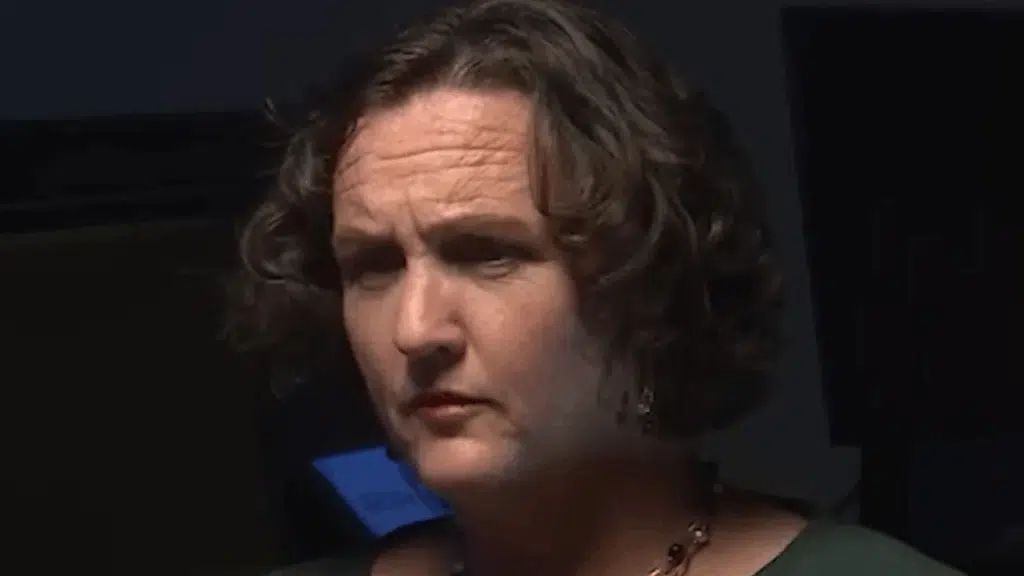
In Texas, Democrats Struggle to Fight School Choice Bill as Support Booms
A Texas bill that would offer families an education savings account of $8,000 per child caused an extraordinary stir Wednesday at the Texas State Capitol in Austin.
For the bill’s first hearing by a Texas Senate committee, advocates and critics flooded the hearing room to argue about the effects on students, families, and schools of passing this heavy-hitting school choice bill. Public testimony continued until after midnight, although the hearing convened at 11 a.m.
State Sen. Brandon Creighton, R-Conroe, cast his much-anticipated legislation, SB 8, into the fray on March 10, the last day for lawmakers to submit a bill. The 53-page bill outlines a list of parental rights as well as qualifications for Texas students to receive $8,000 per year in quarterly installments for use with an alternative to public schools.
Students would be eligible for this education savings account program if they are currently enrolled in a Texas public school, are entering pre-kindergarten, or had attended a public school for at least 90% of the previous year.
Creighton’s bill also would prohibit the Texas State Board of Education from adopting or implementing curriculum on sexual orientation or gender identity.
Creighton argues that SB 8 would place “parents, not government, squarely in the center of the decisions for their children,” suggesting that parents should be able to use tax funds for their child’s education as they see fit—be it a public, private, home, or online option.
SB 8’s counterpart in the Texas House, HB 5261, also awaits passage.
State Sen. Royce West, D-Dallas, claimed that his research of Louisiana and Indiana programs showed a failure of policies concerning education savings accounts, or ESAs. But Louisiana doesn’t have an ESA policy, and Indiana’s ESA program was adopted only in 2021—so no data has yet proven it to be a success or failure.
Creighton said the funds provided to families by his bill would be required to be spent on Texas-approved and -accredited resources and programs.
State Sen. Morgan LaMantia, D-Brownsville, criticized the bill, asking Creighton whether anything in it would prevent a private school from raising tuition of $3,000 or $5,000 per year to $8,000 per year, to “take advantage of” the full ESA.
Creighton responded that the money was not restricted to tuition-only use, and that he didn’t expect schools to send tuition skyrocketing because of the legislation.
Corey DeAngelis, a senior fellow at the American Federation for Children, had his own reply.
“There is no evidence that I’ve seen indicating education savings accounts would increase private school tuition,” DeAngelis told The Daily Signal. “It’s even possible that there would be a downward pressure on prices because of competition and market envy.”
Texas public schools currently spend around $9,600 per student a year.
Critics of the bill have suggested that it would gut rural schools in Texas.
Mike Hixenbaugh, a senior investigative reporter at NBC News, not only claims that no alternative education options exist for students in rural areas, but also suggests that schools would collapse if they “lose five or 10 students.”
Creighton’s bill would set aside $10,000 to a school for each student that leaves, refuting the NBC reporter’s claim. Additionally, only 2% of students in Florida and 4% of students in Arizona are participating in their education savings account programs—far fewer than what critics claim “would undermine public schools.”
Jason Bedrick, a research fellow in the Center for Education Policy at The Heritage Foundation, addresses critics who hold up “rural schools” as a scapegoat. (The Daily Signal is Heritage’s multimedia news organization.)
Bedrick told The Daily Signal:
During last year’s GOP primary, Proposition 9 asked voters whether ‘Texas parents and guardians should have the right to select schools, whether public or private, for their children, and the funding should follow the student.’ Voters answered ‘yes’ by a margin of 88% to 12%.
Some of the highest levels of support for ESAs came from the most rural counties in Texas, including Culberson (97%), Edwards (89%), Kent (87%), McMullen (90%), Kenedy (100%), Roberts (87%), and Terrell (90%).
ESA opponents often make two claims: 1) that there are no schooling options in rural areas; and 2) that rural schools are imperiled because so many students will leave for those options. These claims are mutually exclusive. They cannot both be true simultaneously. But they can both be—and indeed are—false.
First, as detailed in a recent Heritage Foundation report, families in rural areas have access to more education options than ever before.
About 7 in 10 rural families nationwide live within 10 miles of a private elementary school. Rural areas are also seeing the rise of microschools, a modern reimagining of the one-room schoolhouse.
By embracing education choice policies, like the ESA policy proposed in Senate Bill 8, Texas lawmakers can deliver on the promise of America’s education system and ensure that all children have access to the learning environment that best meets their individual needs and helps them to achieve their full God-given potential.
Republicans and Democrats who testified Wednesday echoed praise for SB 8.
“I’m a teacher by profession,” former state Sen. Eddie Lucio, D-Dallas, testified. “I think that this bill will encourage parents to be more engaged, and allow them to take their kids by the hand and take them to a school of their choice.”
State Sen. Larry Taylor, R-Friendswood, agreed.
“This subject is near and dear to my heart, giving a good education to every student in Texas not just some,” Taylor testified. “[This bill] before you today will have a chance to affect positive change for every one of our students. We’re not the first ones to do this, but we have the example of other states who have.”
Taylor provided a report citing over 100 studies of school choice programs and highlighting successes and failures (including a response to West’s earlier criticism of Louisiana).
Although the Texas Association of School Boards claims that Texans’ support for school choice is decreasing, as found in one poll, overall support for school choice in Texas has climbed in numerous studies over the past decade.
School choice legislation hasn’t been popular only with Republican voters. The Texan demographic voicing the strongest support for school choice options is African-American Democrats at 71%, a recent Hobby School of Public Affairs poll found.
Although critics continue to claim that SB 8 will bring certain doom to Texas schools at the hands of “billionaire privatizers,” it appears that the majority of Texans are ready to provide an option for education savings accounts to all students.
If SB 8 passes the Education Committee, as is expected, it would move to the Senate floor for a final vote.


